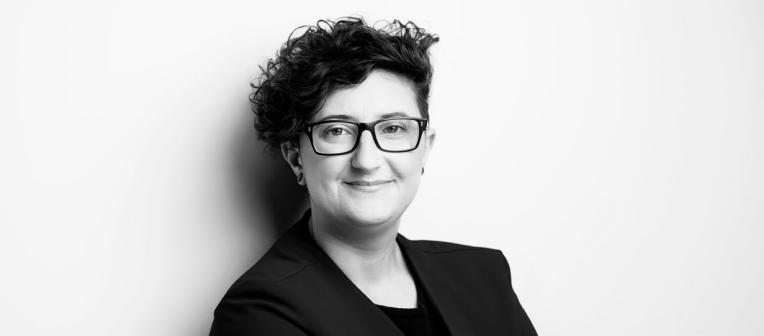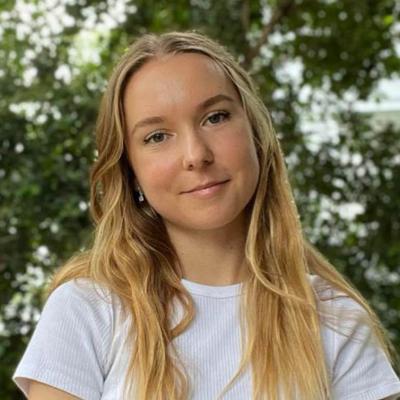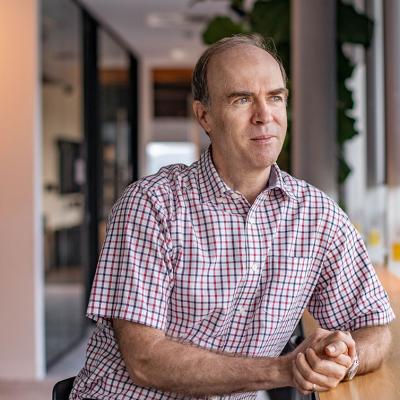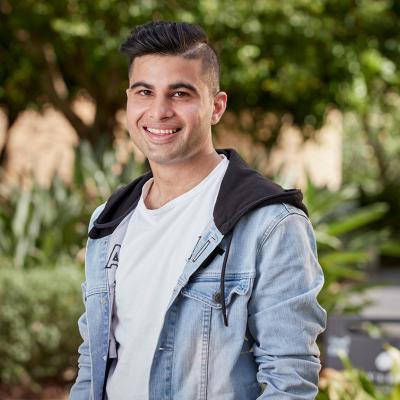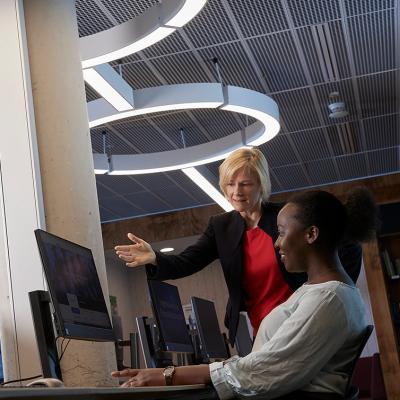When you think of studying medicine, you might think of interns in scrubs who spend the best part of their 20s studying and training to become doctors.
While this is the traditional career path, more and more medical professionals are changing careers from medicine and choosing to follow alternate pathways.
Enter Cara Fox: self-confessed math nerd, scuba diver, powerlifter and trained medical doctor who chose to take the path less travelled.
After completing a medicine degree and working as a doctor for a few years, Cara decided to explore her passion for economics. So she enrolled in UQ's 1-semester (full-time) Graduate Certificate in Economic Studies, a program that teaches the fundamentals of microeconomics, macroeconomics and statistics for people looking to upskill or advance their careers.
Fast forward to today, Cara has combined her background in health with economics study as the Partnerships Manager for AMBOSS, a medical tech company based in Berlin.
But let’s rewind for a second and tell the whole story.
Cara’s journey from high school to university
Born and raised in Toowoomba, just an hour and a half out of Brisbane, Cara was a model student at high school. She topped several of her subjects while somehow fitting in a range of extracurricular activities – swimming, water polo, tennis, debating and flute, to name a few.
While she enjoyed and excelled at the medicine-feeder subjects (chemistry, maths and physics), studying medicine wasn’t always written in the stars for Cara. Instead, she dreamed of being up among them.
“I wanted to be an astronaut at one point!" she says.
"But otherwise, I didn’t know what I wanted to do or be after high school. Medicine was an option, but I was never 100% sure."
After high school, she took a year off to try to figure it all out. After some travel overseas, Cara found herself teaching English in a tiny town in the Jiangsu province in China. With little Mandarin and only a phrasebook in hand, Cara felt outside her comfort zone.
“Looking back, I don’t know how 18-year-old me survived that experience. I did, and it was amazing... but I still didn’t know what I wanted to study," she says.
“I had applied for medicine and science and was looking at doing maths and physics. I was accepted into both, but flipped coins until the last minute to make up my mind.”
Finally opting to study medicine at Monash University in Melbourne, Cara began the first chapter in her professional career.
“I realised early on that I didn’t want to practise medicine long term," she says.
"I was interested in the bigger picture of health care, which is what led me to economics.”
Changing careers from medicine
“What I love about economics is that big-picture overview. Economics is about creating and improving existing systems so that they work in the best possible way to provide the most benefit given the resources and funding.”
After completing her postgraduate degree in economics, Cara started looking for other opportunities outside of being a doctor.
But it wasn’t an easy leap to take.
“Once I was working as a doctor, there was an obvious career pathway. Leaving that was harder than expected, even though I always knew I would," Cara says.
“It’s about realising that changing careers from medicine or taking a non-traditional pathway within a career is okay. You will still use the knowledge, skills and experience you’ve gained along the way.
“And it doesn’t matter how old you are or how long it takes. I’ve seen people who start medicine in their 40s and 50s, and they love it. Your journey is your own.”
Pursuing health economics jobs
Cara found her current role at AMBOSS through a Facebook group for medical professionals pursuing alternative careers. She felt mixing health and economics with business development was the perfect opportunity to do something a bit different while leveraging her existing skills.
“AMBOSS is an online learning platform for medical students to study and learn material," she says.
"95% of German medical students use the platform to study for their final exams. It’s my job to bring the platform to Australia.
“Because I’ve been a med student and understand all the pain points of studying, it was the ideal role. And obviously I have a unique understanding of the Australian market."
Her economics study came in handy too.
“Studying economics gave me a greater understanding of how things work from a business perspective. For example, how digital tools can enhance systems, like medical education," Cara says.
“I use the statistics I learned in the program a lot day to day. Microeconomics has helped me understand how things relate to the company.”
But studying economics has given a lot more to Cara than just tools to help in her work.
“The most valuable thing I gained from the program is a deeper understanding of the way the world works. The world has limited resources and different ways to get the most out of them. That concept can be applied to anything, whether it’s medicine, tech, business or life."
“Macroeconomics, in particular, has given me the ability to understand and speak intelligently about politics and world issues – so don’t get me started!”
Learn more about how you can upskill or change direction with a postgraduate degree in economics.

